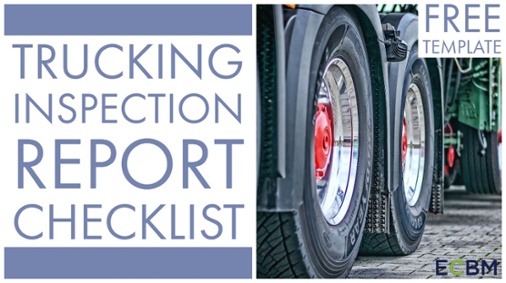.jpg?width=800&name=Driver%20Interviews%20can%20lead%20to%20liability%20after%20an%20accident%20(1).jpg)
In the wake of an accident, its standard for trucking companies to conduct thorough investigations of what happened. Having a clear indication of what happened can help the company manage the claims process more efficient and help the company save money in the long run. At the same time, trucking companies need to be aware that their investigations create a paper trail that can be used against them in a lawsuit. As a result, post-accident investigative processes need to be well thought out to ensure they do not accidentally damage the business.
Trucking Companies Need To Be Careful When Conducting Post-Accident Protocol
Driver interviews have increasingly come under scrutiny as one common investigative tactic that can blow up in a company’s face. At first glance, it would seem unmistakable that a business should interview the driver in the wake of an accident to determine what happened and to put that recollection in writing for its safety files. This tactic, though, introduces many dangers for companies hoping to avoid liability in a future lawsuit.
A Driver's Memory Can Be Unreliable
The first danger is that human memory is not a reliable indicator of events. Study after study shows how interviewers can influence people into remembering details that did not happen, especially in the wake of emotionally volatile incidents. A question is as simple as whether a person saw a stop sign can cause them to remember a stop sign where one does not exist.
A Driver's Statement Can Be Biased
On top of that, truckers can often feel defensive in the wake of accidents. While studies continue to show that the driver of the passenger vehicle causes most collisions between passenger vehicles and tractor trailers, mandatory processes for commercial drivers license holders in the wake of an accident such as drug testing can make a driver feel unfairly targeted. Having to endure additional interviews and scrutiny from their employer only heightens this feeling, which can lead to unreliable statements from the driver.
These Factors Could Prove Troublesome During A Trial
In litigation following an accident, a driver will likely have to make statements to an investigating police officer, undergo a deposition from opposing counsel, and testify in Court. On top of that, a driver may make comments to others at the scene of the accident or as part of other investigations. Each statement is an opportunity for the driver to contradict himself or make an inconsistent statement. Each comment is an opportunity for the driver to damage his credibility by making a statement that is probably false. A good plaintiff’s attorney can even use the failure to mention specific details in a report into an opportunity to impeach the driver. Adding one more investigatory statement to the plaintiff’s arsenal will rarely help a trucking company’s position.
Litigation after an accident can often feel like playing cards against a stacked deck for trucking companies. Avoid adding one more card to the pile and help your drivers stay consistent in their story by taking away opportunities for them to contradict themselves.



